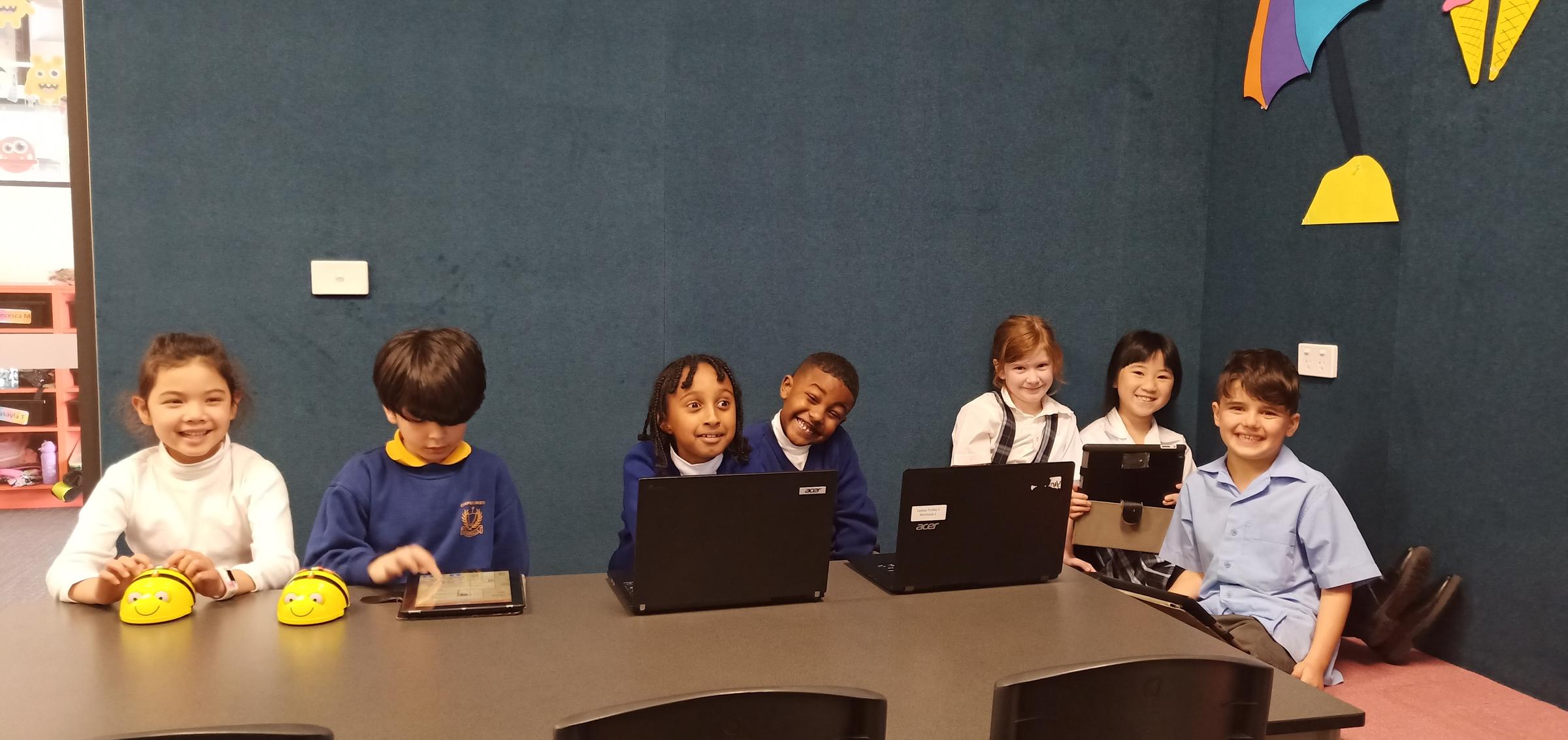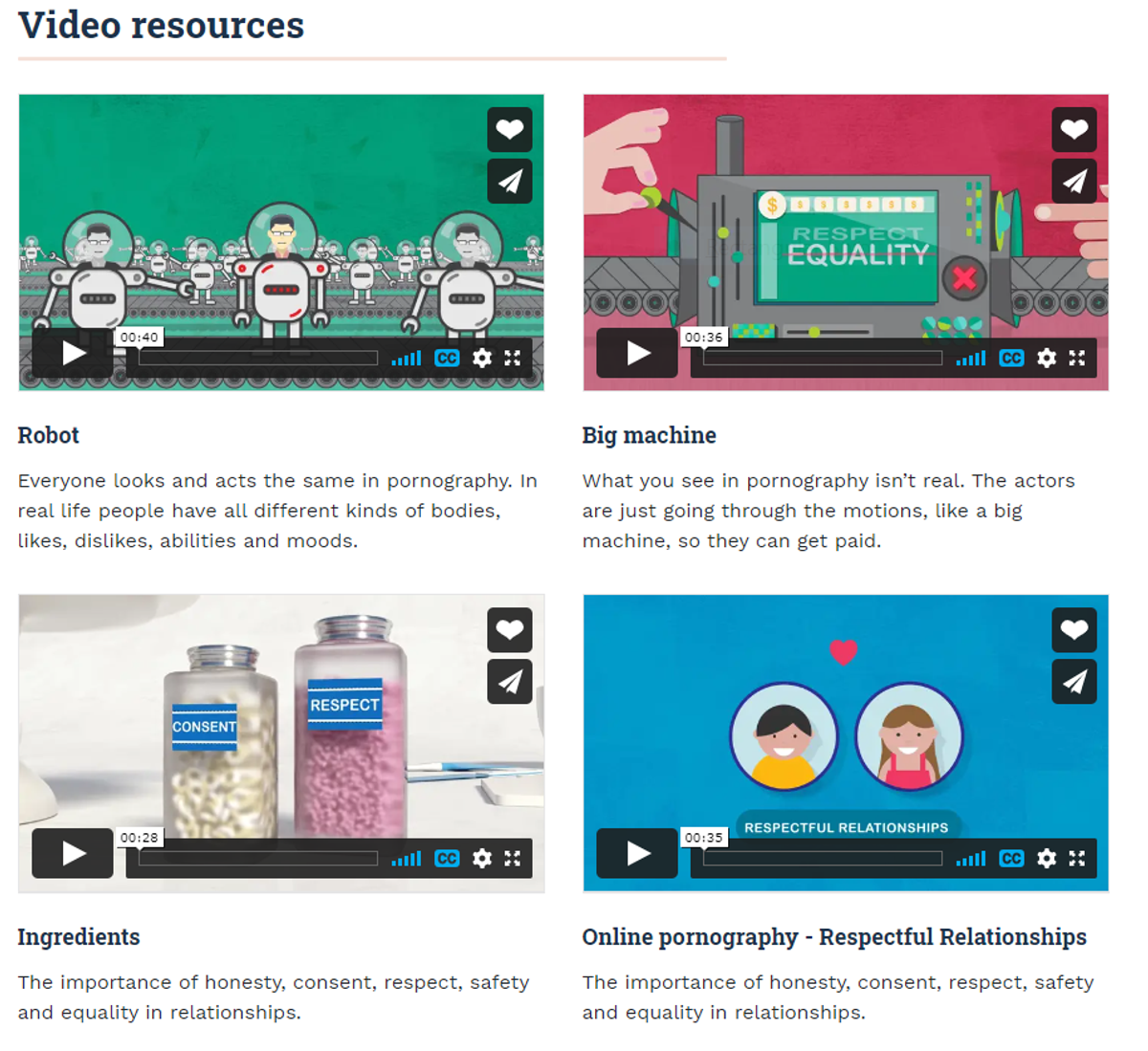e-Learning News

Inappropriate Content! What to do?
In a modern world with more and more access to online information, children are being exposed to huge amounts of information, both appropriate and inappropriate.
Your child may discover personal and graphic images unintentionally or they may go looking for it. Either way, you can play a role. For young children, accidentally encountering such graphic material can be confusing or distressing. At worst it can be harmful.
How can I reduce the risk?
Set some ‘house rules’
Discuss the issue with all siblings in age-appropriate ways and ensure everyone agrees to play by the same rules. For example, ‘in our house we don’t share inappropriate images’.
Talk about where it is and is not OK to use computers or devices. Ideally, your child should only use them in public areas of the home. Bedrooms, a closed study, or other private spaces should be device no-go zones for younger children.
Turn off auto-complete in browsers so that previous search terms adults may have used do not appear.
Build resilience
Age-appropriate conversations about sexualised content can help young people process what they come across online and reinforce the importance of consent and respectful relationships.
What happens if my child comes across personal and graphic images?
Stay calm
Try to approach the situation calmly. If you are upset or angry, your child may feel like they cannot come to you about other concerns in the future.
Thank them for being brave enough to let you know and reassure them that you will sort it out together.
Listen, assess, pause
If your child has accidentally viewed explicit content, ask them to fill you in on the details so you can help manage the situation.
Reassure your child they are not in trouble
Try to understand rather than criticize or punish.
When children fear punishment, they may close down emotionally. They may be reluctant to talk and may struggle to listen or understand. This could lead your child to hide their behaviour or not want to approach you in the future.
Where can I go for more information?
For more in-depth information and practical advice go to:
https://www.esafety.gov.au/parents/big-issues/online-pornography
Adapted from www.esafety.gov.au
What are we doing at school?
This week at Corpus Christi, we explored the importance of using our Critical Thinking skills while surfing the web! The Year 3/4 Community looked at the Google Safety Program and posed a range of interesting questions to each other regarding appropriate online activity.
Want to join the discussion? Have a look at the 5 keywords on our poster and see what examples you can come up with that represent positive online actions!
E Learning Coordinator
Zachary Lane


